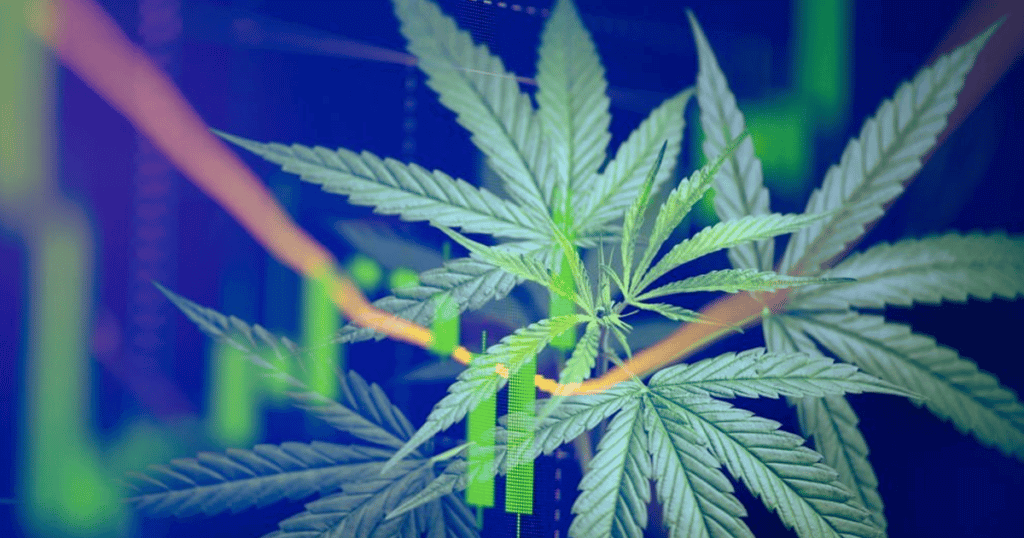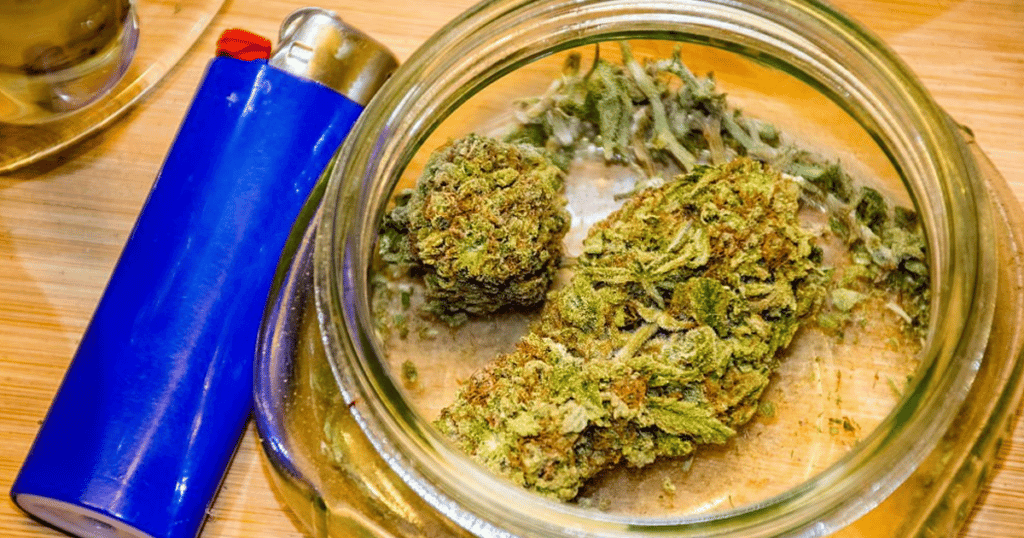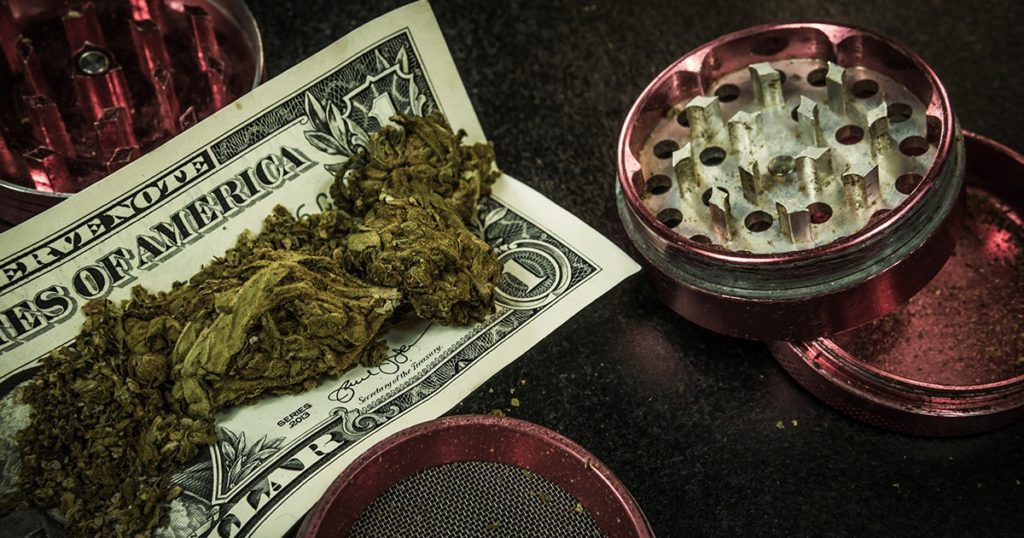With the economy in shambles, it’s no surprise that marijuana businesses are struggling. And
if you thought supply chain issues and inflation were bad, just wait until you see what the cannabis industry is dealing with.
Too Much Weed In The Economy?
We never thought there would be a problem with too much weed being grown, but alas, Washington, Oregon, and Colorado growers made the critical mistake of simply growing too much. At first glance, this seems awesome – more supply generally means lower prices, which seems great for consumers. Cannabis has also appeared to be safe from the crazy inflation rates hurting other industries, but sadly, this won’t be the case for long.
Because growers produced more than retailers could sell, the falling price has put unprecedented strain on the supply chain. Even auxiliary businesses are struggling, with tech companies Akerna of Colorado, Dutchie of Oregon, and California-based delivery operator Eaze laying off employees left and right.
The Colorado Department of Revenue reports that the total revenue from marijuana sales in April was $153 million, a 25% decrease from April 2021. Additionally, the cost of wholesale cannabis flower has decreased by 43% in the first quarter of the year compared to the same period last year.
The market price for a pound of wholesale marijuana flower has decreased from $1,600 at this time last year to roughly $800, according to Chris Becker, head of revenue and partnerships for Denver-based cannabis company The Honeybee Collective. “It’s been a tough year for cultivators,” he says. “Most people built their businesses around getting at least $1,500 a pound.”
According to Becker, many of the smaller cultivators with 3,500- to 5,000-square-foot grows are likely to go out of business at a cost of production of $800-$900 per pound. When this eventually does happen, the market will likely crash, and cannabis prices will start to skyrocket.

The Disappearance Of The Invisible Hand
The cannabis business is also being hurt by the insane tax rates on adult-use marijuana products. In Washington state, for example, taxes can account for around 50% of the retail price, leaving shop owners struggling to remain competitive. Seattle’s City Cannabis owner James Lathrop says “My revenue has dropped month after month, year after year, and we are to the point now where we’re just barely able to keep our doors open.” Lathrop told MJBizDaily that while he might have less storefront competition than those in neighboring states, Cannabis City struggles to bring in customers who would rather buy off the streets than pay nearly 50% in taxes.
“The only people that are winning are the high-volume stores that happen to be in an area where they’ve had a monopoly for a while,” Lathrop said.
It’s not just Washington that’s struggling. After voters in the state approved the legalization of recreational marijuana in 2014, marijuana companies in Oregon are trying to keep up with the influx of new businesses that have opened.
Cannabis products in Oregon are subject to a 17% state tax in addition to any local taxes of up to 3%. They also have one of the most crowded retail markets in the scene, making competition high. Oregon has 787 cannabis retail stores according to the Oregon Liquor and Cannabis Commission, and they’re all a stone’s throw away from one another. The competition in Oregon is simply too high for businesses to thrive.
While cannabis businesses in more recent state marketplaces frequently experience increased revenues, those in Colorado have experienced a sharp fall over the previous year.
Businesses in Colorado surfed a wave of gradually increasing revenue for years after the state became the first in the US to legalize adult-use sales in January 2014. Retail cannabis goods are subject to a 15% excise tax imposed by the state. Up to 2.9 percent of the sales tax is added by localities. Sales are currently declining alongside prices. Owners of businesses are closing their doors or putting them up for sale, following Washington and Oregon business trends.

Legal storefronts are struggling to stay afloat in hostile markets, and the dirt-cheap price of wholesale weed is making manufacturers and retailers alike fight for survival. While customers may think that cheaper weed is a good thing, it’s only a temporary peak before a huge market crash. When hundreds of dispensaries and growers go out of business, the few that survived will monopolize the market, driving up prices and eventually making cannabis more expensive than ever.
This was one of the fears anti-legalization but pro-cannabis advocates have spoken about for years. The American Market Capitalist system is built to encourage monopolies, and Adam Smith’s invisible hand is probably too busy jacking off lobbying firms to actually regulate the market. If you have a favorite local dispo, be sure to support them as much as you can and hope that they won’t get choked out of business, or call your old plug and hope that street prices stay the same.
Enjoyed that first hit? Come chill with us every week at the Friday Sesh for a freshly packed bowl of the week’s best cannabis news!
















